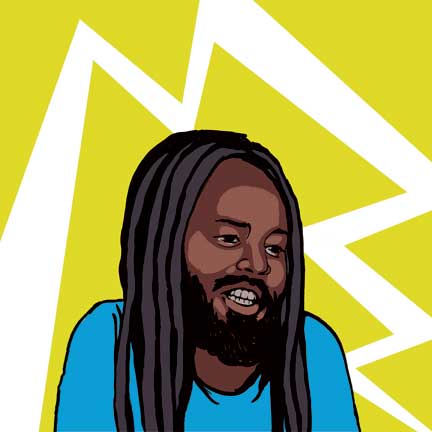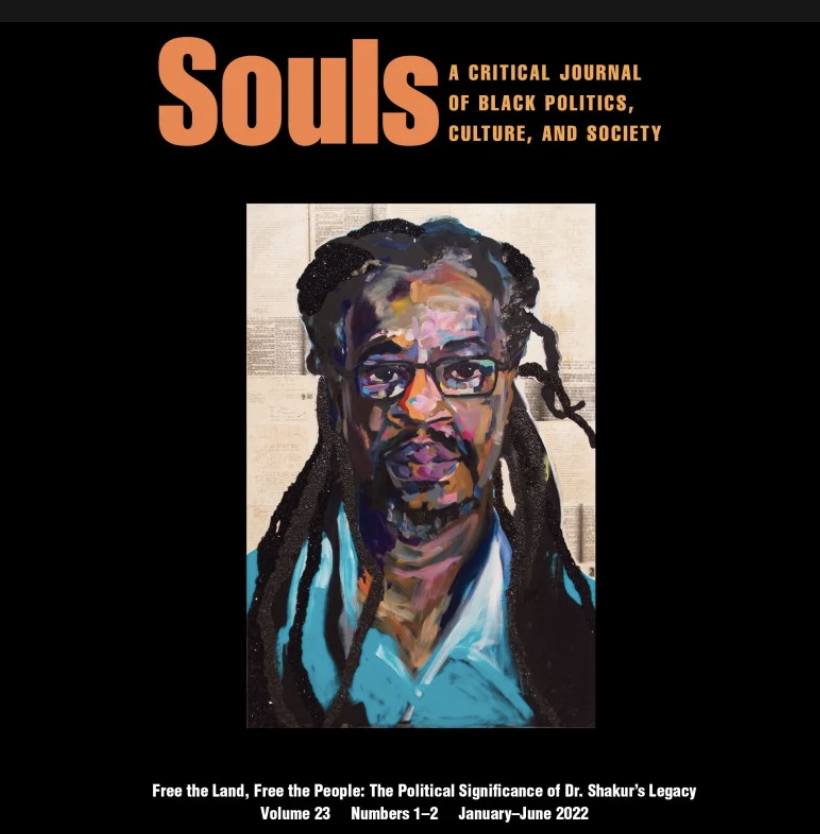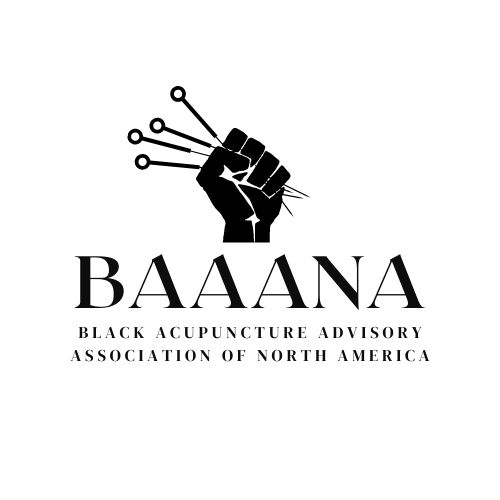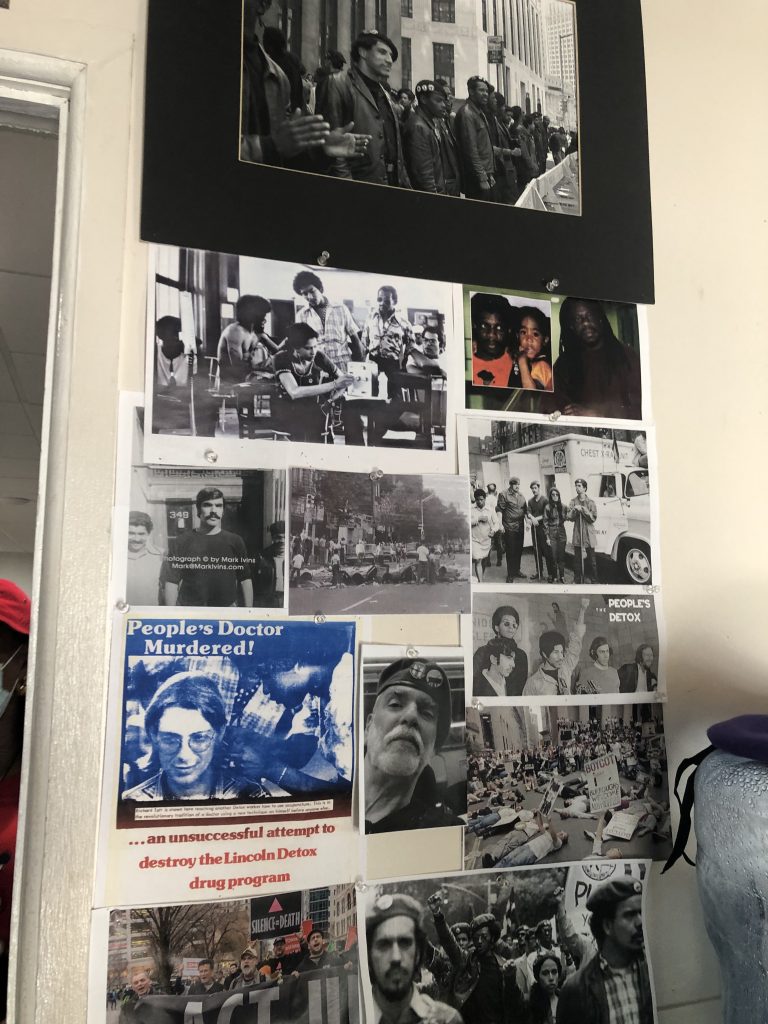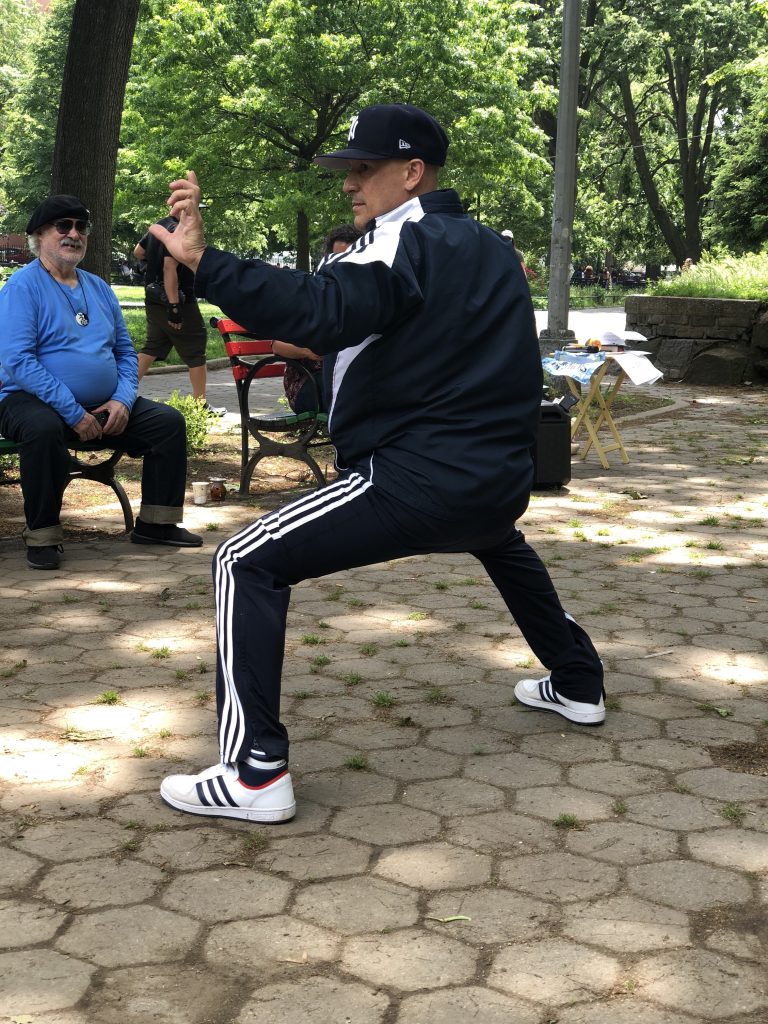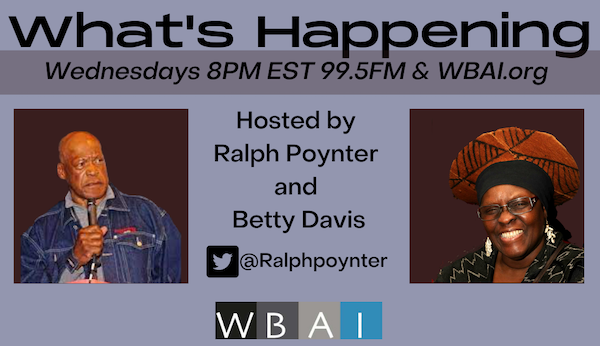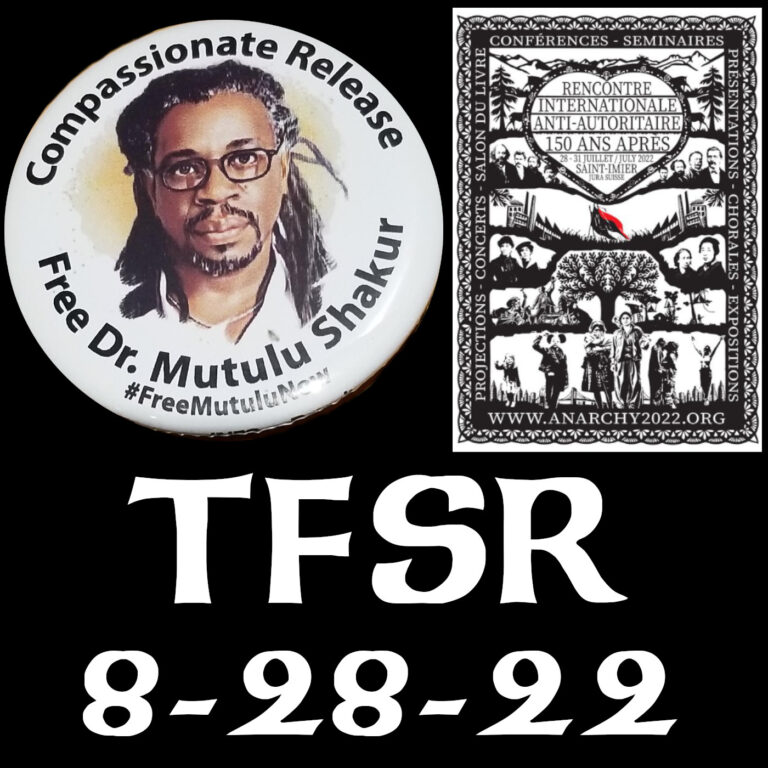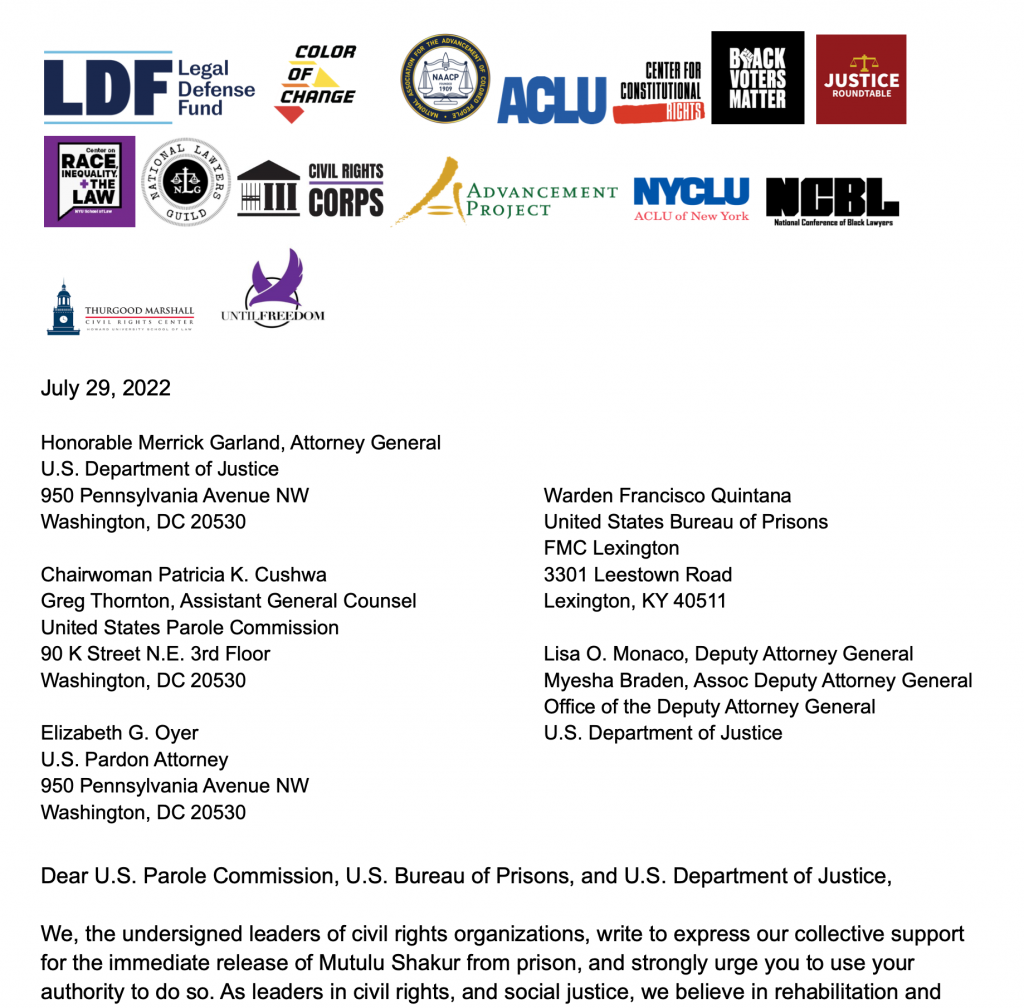Our government’s history of oppression compels us to free those Black revolutionaries aging in our prisons
Published on July 15, 2022 on Inquest: A Decarceral Brainstorm by the Institute to End Mass Incerceration
This was only the second year that Americans celebrated Juneteenth as a federal holiday. This day of remembrance, and our nation’s oldest African American holiday, recognizes the fundamental reality that citizens can be unjustly barred from rights afforded to them by their government for years. Abraham Lincoln’s Emancipation Proclamation, which reached Texas more than two years after its signing, was followed by the 13th Amendment, which made human enslavement unconstitutional “except as a punishment for crime.” As it is well documented, this exception incentivized the targeted incarceration of Black men for labor, perpetuated slavery, and served white communities that upheld myths about Black criminality.
Icons of abolition and racial justice such as Harriet Tubman, Martin Luther King Jr., and Nelson Mandela lived in eras where their activism and acts of civil disobedience on behalf of other Black lives were considered unlawful and worthy of imprisonment. Yet the history of repression and oppression surrounding their actions greatly mitigates and helps explain them.
In their lifetimes, both Malcolm X and Dr. King were considered radical Black leaders and agitators who divided the nation with their critiques of American culture and society. It is in studying the history of these Black activists accused by their peers of radicalism that we can see the ways in which many were villainized and gradually written out of narratives of Black history. Public school students do not commonly learn about the Stono slave rebellion, the insurrection of Nat Turner, the contributions of Malcolm X, or the most famous revolutionary movement to uplift Black communities with a national network of social welfare initiatives — the Black Panther Party.
Founded in 1966 by Huey P. Newton and Bobby Seale, the Black Panther Party for Self-Defense was a grassroots Marxist-Leninist organization that urged members to challenge the endemic pattern of police brutality and false imprisonment of Black people in Oakland, California, with armed patrols. Under its longtime director J. Edgar Hoover, the FBI considered Pan-African and Black nationalist movements such as the Panthers threats to national security, and many were subjected to unlawful surveillance, intimidation, incarceration, and assault. The highest-profile targets of this coordinated assault were the leaders and members of the Black Panther Party. The urgency with which the party demanded an immediate end to police brutality as part of its Ten Point Program was not a sentiment shared by most Americans until, perhaps, 54 years later — when video footage captured the 2020 murder of George Floyd.
Continue reading →
